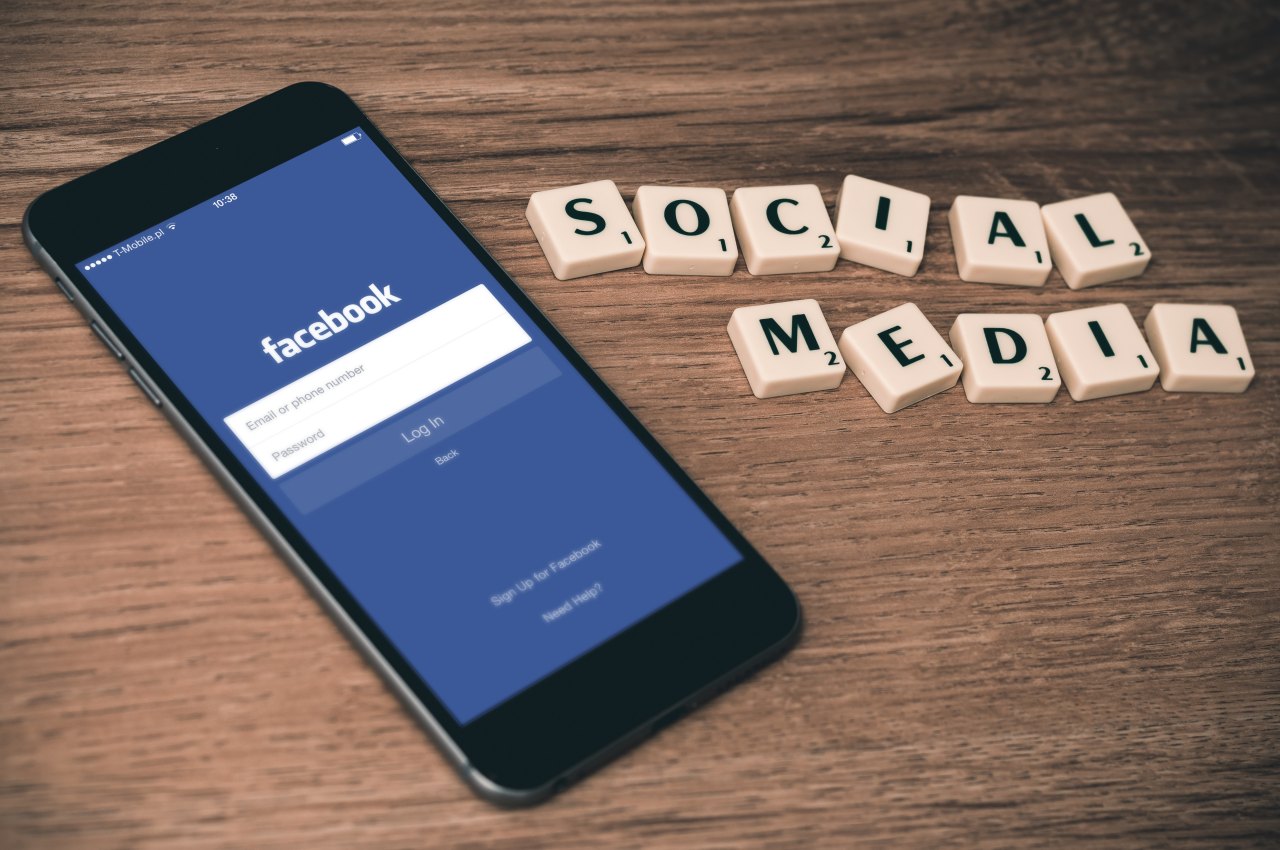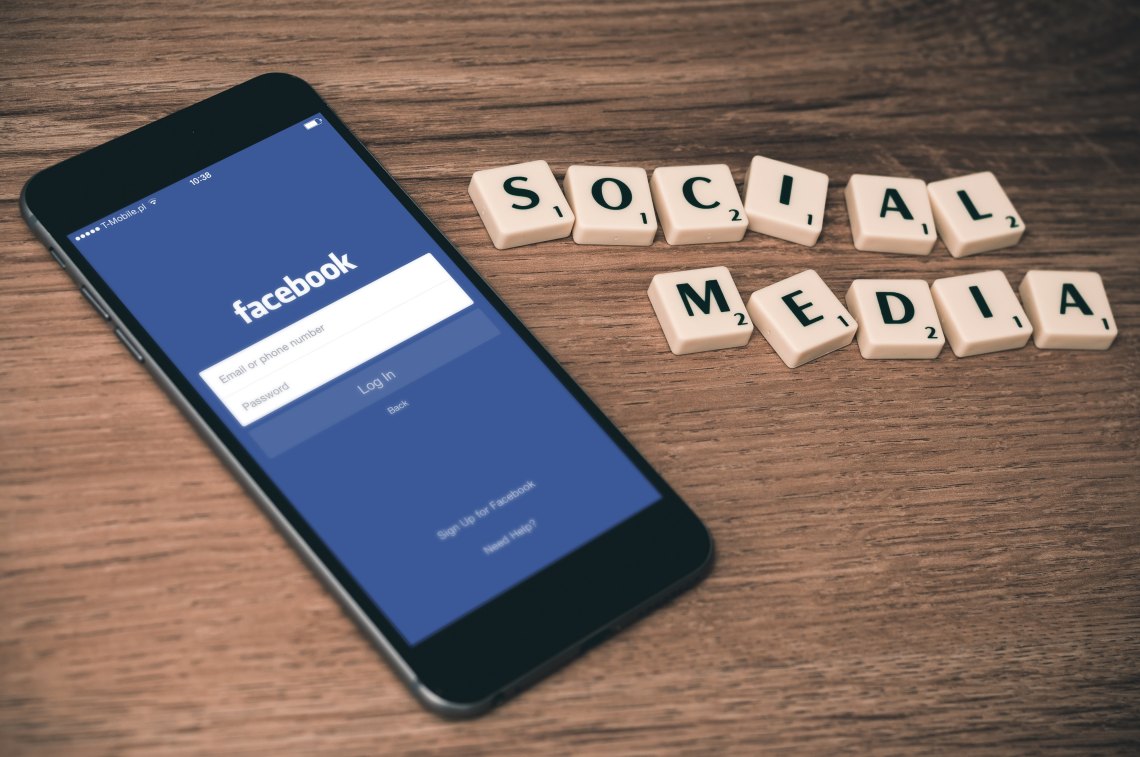Their death and their bodies are not yours to capture and share.
Censorship in photo journalism and citizens taking photos of accidents/crimes are two different things.
I am in no way talking about the former.

William Iven
To explain, take, for instance, the photo of Alan Kurdi.
This was taken by a trained photo-journalist and, to an extent, spurred awareness and action.
I get it you want to inform people that an accident / murder / abortion / crime took place.

But ask yourself:
1.
Is it necessary to share photos of the deceased?2.
Did you ask the deceaseds family for permission to post the photos?

William Iven
Personally, it doesnt matter that you sayCondolence, RIP to the family.
Such acts casually diminish our empathy.
Journalists are trained in journalism ethics, and thus know what and what not to post.
They also know how to sensitively approach and capture the story/photo.
Are you uploading this photo mainly for shock value?
Alas, such is not the case.
Have you even considered that you and your friends arent the only people on Facebook?
That those images you share can so easily be seen be a child or a young teenager?
Thus possibly impacting their social behavior and mental + emotional growth, whether they consciously or unconsciously realize it?
(also, no, putting adisclaimer: graphiccaption is not enough, at least on social media.
the post will still catch most people by surprise and people will still unwittingly see it).
Filipino society, more than most in the world, is unhealthily addicted to social media.
Inform if the purpose is to inform.
Honor the victims memory if you want to honor.
Bear in mind this is a person.
Not your #ootd or #selfie.